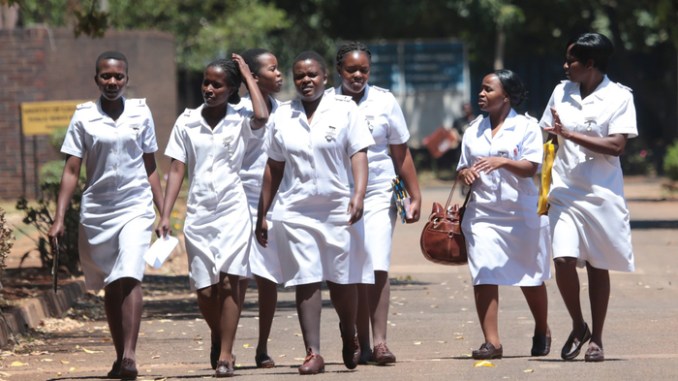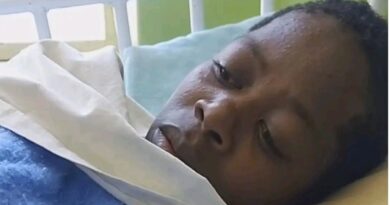Government To Start Prioritising Local Candidates Prioritised For Nursing Training In-take
Zimbabwe has mandated a strict ‘local first’ policy for its nursing schools, dictating that a overwhelming majority of new trainees must now be sourced from their immediate communities. This bold move is designed to dismantle a corrupt system where desperate applicants were allegedly forced to pay massive bribes to secure a coveted place.
The directive, which enforces a 75 percent recruitment quota from the home district or province of each training school, was unveiled in Parliament this week. It signals the government’s firm intention to boost local representation, eliminate external manipulation, and restore integrity to a process that had been tarnished by profiteering middlemen.
Local Candidates Prioritised For Nursing Training In-take
The new policy emerges as the definitive answer to growing concerns that certain regions were being entirely sidelined during recruitment cycles. The issue was thrust into the national spotlight when legislator Prosper Mutseyami highlighted the glaring injustice of entire intakes passing without a single local candidate being selected.
Addressing the assembly, Deputy Minister of Health and Child Care, Sleiman Kwidini, confirmed the transformative change. He articulated the ministry’s new position, stating,
“As far as the Ministry is concerned, we have decentralised the nurse training. Each region has more than two schools of nursing training. After that, we have come up with a quota system where we say 75 percent of the students recruited from those areas are from the locals.”
The urgency of this reform becomes clear when the brutal numbers behind nursing school applications are revealed. Every year, a tidal wave of over 100,000 hopefuls vie for a chance to wear the uniform, yet the entire national system has a capacity for only approximately 1,200 trainees annually. This creates a success rate of just over one percent, fostering an environment where corruption can thrive.
The situation is particularly acute at major centres. Institutions like Sally Mugabe and Parirenyatwa Group of Hospitals in the capital are inundated with between 5,000 and 8,000 applications for each of their two annual intakes. Despite this immense interest, they can enrol a mere 80 students per intake. In Bulawayo, the picture is similarly competitive, with major hospitals like Mpilo Central, United Bulawayo Hospitals, and Ingutsheni Psychiatric Hospital collectively accepting only about 40 new students each year.
Crushing the Corruption Cash Cow
The primary target of this quota system is the network of corrupt individuals who had turned the dreams of aspiring nurses into a lucrative racket. With places so scarce, reports had emerged of applicants being forced to pay up to US$1 000 (approximately R18,000) to unscrupulous fixers to guarantee a position—a sum far beyond the means of most ordinary families.
The Ministry is confident that by prioritising local candidates, it will not only spread opportunities more evenly across the country’s provinces but also ensure that communities see a direct return on the investment in their local healthcare infrastructure. The move is widely seen as a crucial step in rebuilding public confidence in the application process, effectively slamming the door on the brokers who had created a pay-to-play system. For thousands of hopefuls in rural and provincial areas, this new rule represents the fairest chance they have ever had to pursue their vocation.
iHarare




